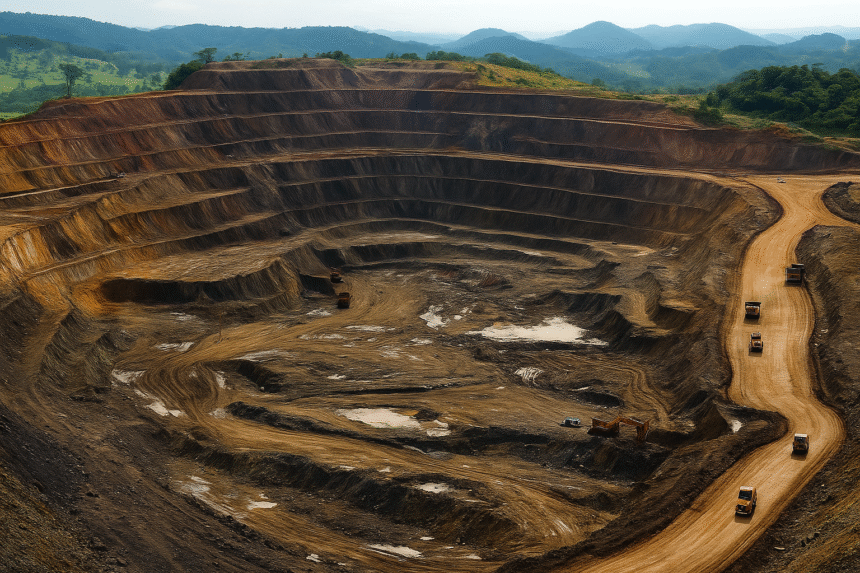Civil society groups in the Democratic Republic of Congo (DRC) are demanding another reassessment of a controversial “minerals for infrastructure” agreement with China.
The deal, first signed in 2008, gave Chinese companies access to vast copper and cobalt reserves in return for infrastructure development. When it was renegotiated in 2023, officials described it as the “contract of the century.” The Congolese government said the updated terms doubled infrastructure investment commitments from $3.5 billion to $7.5 billion.
However, the Congo is Not for Sale coalition argues the revised agreement still heavily favours the Chinese side. It warns of continued financial losses and a lack of transparency that disadvantages the Congolese state.
According to the coalition, the Chinese mining company retains full tax exemptions, costing the DRC at least $100 million annually in lost revenue. It also highlights that infrastructure funding is conditional on copper prices. The state must receive at least $300 million a year, but only if copper prices remain above $8,000 per tonne. If prices fall below that level, funding stops. If prices surge, the DRC does not gain any additional benefit.
Critics also point to the deal’s fixed payment structure, which applies regardless of how much copper or cobalt is extracted. Watchdogs say this prevents the DRC from fully benefiting from rising mineral production or higher commodity prices.
The government maintains the new deal is a win-win partnership that secures critical infrastructure for the country. But civil society groups say the revisions fail to fix structural imbalances and still place the country at a disadvantage.
With global demand for cobalt and copper expected to rise, the debate over whether Congo is getting fair value from its natural resources continues to intensify.










